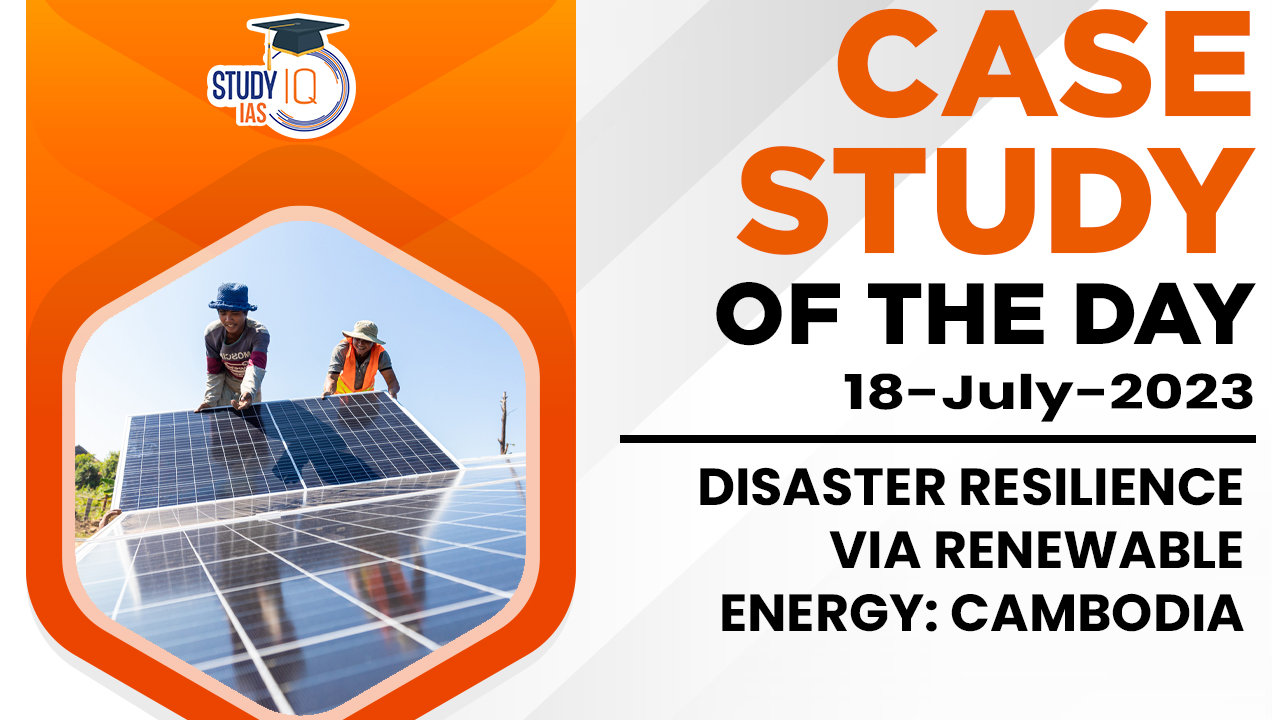Table of Contents
Introduction
Cambodia is a country that is highly vulnerable to the impacts of climate change and disasters. Women are disproportionately affected by these impacts, as they are more likely to be poor, have less access to resources, and be responsible for caring for children and the elderly.
Challenges
- Lack of access to energy: Many rural women in Cambodia do not have access to electricity, which limits their ability to participate in economic activities and improve their livelihoods.
- Vulnerability to climate change: Women are more likely to be affected by the impacts of climate change, such as floods, droughts, and storms.
- Limited participation in decision-making: Women are often underrepresented in decision-making processes related to climate change and disaster risk reduction.
Solutions
The government of Cambodia, together with international partners, is working to address the challenges facing women by:
- Promoting the use of renewable energy: Renewable energy sources, such as solar and biogas, can provide women with access to clean, affordable energy that can help them to improve their livelihoods.
- Building the capacity of women: Women are being trained in skills such as solar installation, biogas production, and financial literacy. This training is helping them to become more economically independent and to better cope with the impacts of climate change.
- Increasing women’s participation in decision-making: Women are being encouraged to participate in decision-making processes related to climate change and disaster risk reduction. This is helping to ensure that their needs and priorities are taken into account.
Results
The actions taken by the government of Cambodia and its partners are having a positive impact on women’s economic empowerment and disaster resilience. For example, a project that was implemented by UN Women and UN Environment in Cambodia helped to train over 1,000 women in solar installation and biogas production. These women are now using their skills to generate income and to improve their livelihoods.


 Securities Markets Code Bill 2025: Towar...
Securities Markets Code Bill 2025: Towar...
 Weakly Interacting Massive Particles (WI...
Weakly Interacting Massive Particles (WI...
 India–Oman Trade Deal: CEPA Signed to ...
India–Oman Trade Deal: CEPA Signed to ...

























